The 8.8-magnitude earthquake that ripped through Chile was as bad as they come. But unlike Haiti, which suffered a quake of its own six weeks ago, Chile’s misfortune was confined to nature alone.
Chile’s monster quake over the weekend tore apart apartment houses, flung SUVs like toys on highways and washed whole villages out to sea. Those in it said the ground literally jumped for 90 long seconds.
Yet unlike Haiti, which lost upwards of 250,000 people in its 7.0 quake Jan. 12, Chile’s death toll as of Monday was 725, fewer than even the 1,800 who died in New Orleans’ 2005 Katrina hurricane.
Some observers, such as one Associated Press reporter, said the difference in casualties could be explained by an epicenter that in the Haiti quake was shallower and closer to its capital.
But that misses the fact that Chile’s quake was 50 times stronger. More importantly, it ignores the big elephant in the room: Unlike poverty-stricken Haiti, Chile has embraced capitalism.
The two countries are united in having two deadly disasters, and each is worthy of our compassion and help. But Chile is a richer country than Haiti. It has infrastructure, modern communications, a working army, banks and food.
All of these things give it a cushion of resources in dealing with such unforeseen and uncontrollable disasters events.
That Chile has gotten to this point is no accident. Since 1986, it has painstakingly created a solid free-market economy. This year, it officially joined the rich nations’ club, the Organization for Economic Cooperation and Development.
Because of this profound reshaping of Chile’s economy, a foundation was laid for the creation of wealth in the private sector. Private savings, investment and incomes have all skyrocketed, leading to a larger tax base for government.
That tax base made it possible for government to build infrastructure like highways, high-tech communications and schools. It also helped them afford better earthquake preparation in building codes and disaster education for the public. All of this is possible because of the invisible architecture of the free market — and because Chile’s government is honest, accountable and transparent.
Haiti had none of those advantages. Its property rights and legal system in particular rank as the worst in the hemisphere. According to the 2010 Index of Economic Freedom, Haiti ties with Cuba for last place on property rights and ranks below it on corruption.
Chile, meanwhile, ranks among the global top 10.
With no exaggeration, Saturday’s earthquake shows that Chile’s choice to unabashedly embrace capitalism, made decades ago, has saved thousands of lives.
We hope Haiti’s rebuilding will now encourage that country to do the same — however tough it may be.

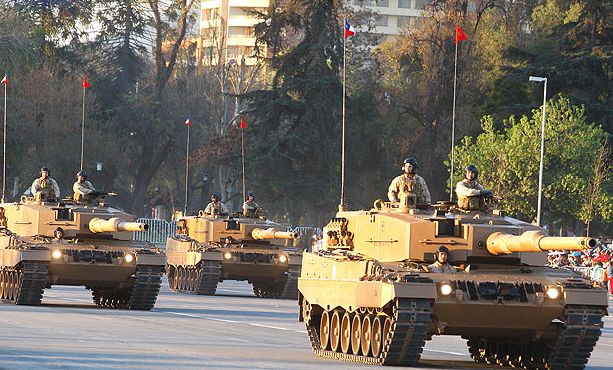


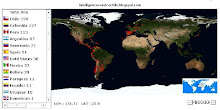









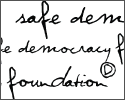

















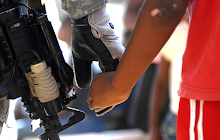
































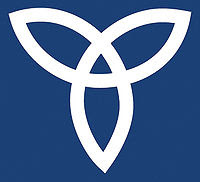


































No hay comentarios:
Publicar un comentario